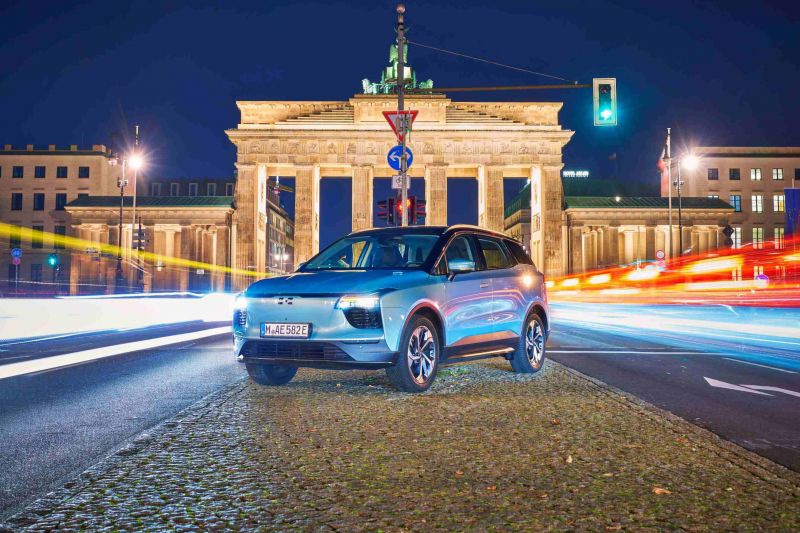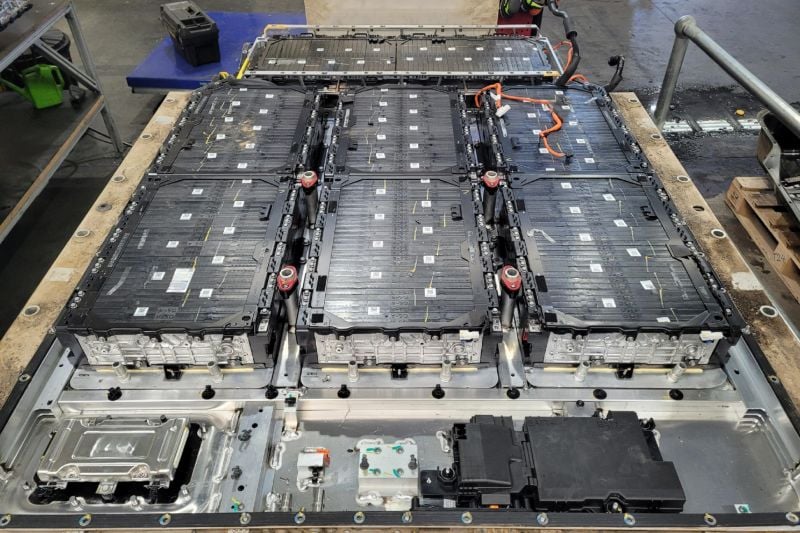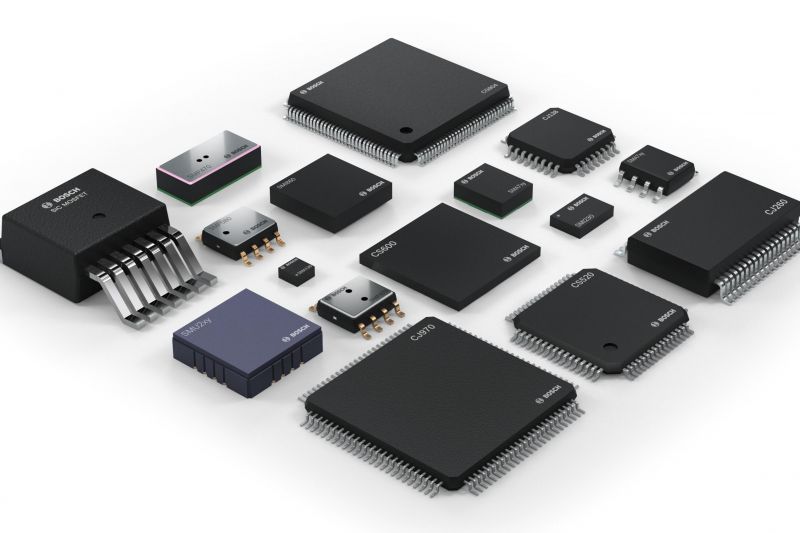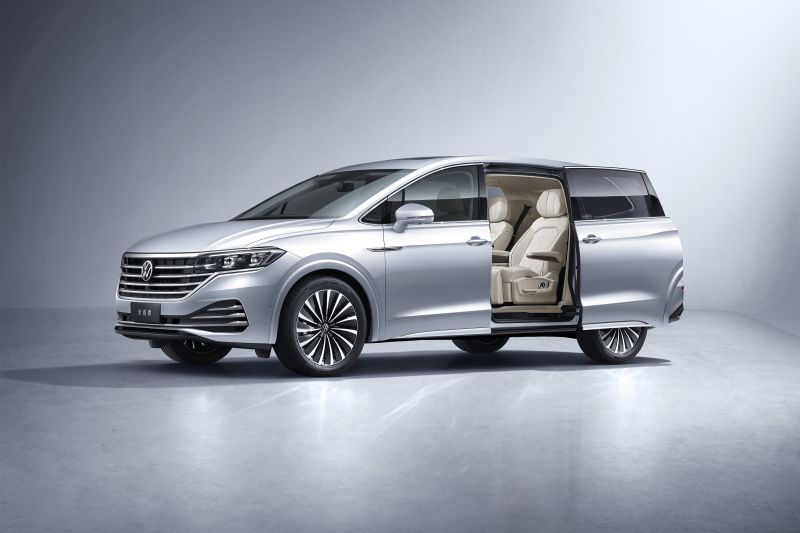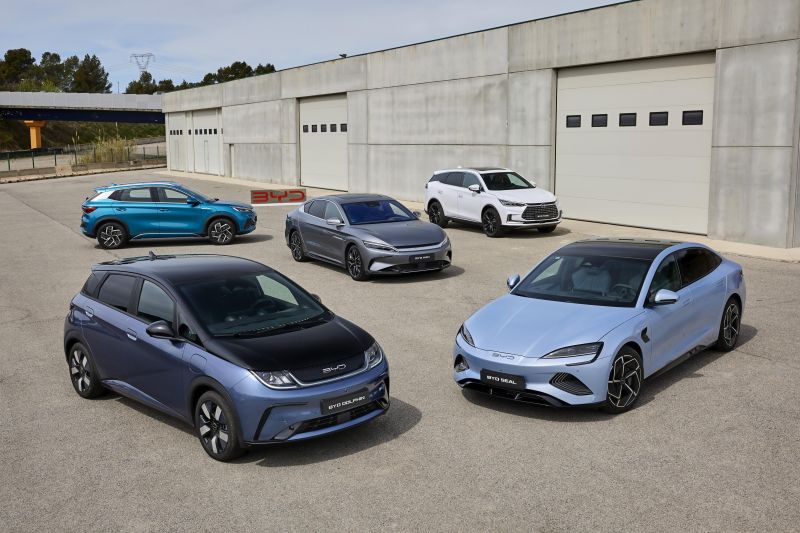
[ad_1]
Germany desires to scale back its dependency on China, its most vital buying and selling companion, and that features the supplies it imports for semiconductor chips and electrical automobile batteries.
Calling China “concurrently a companion, competitor and systemic rival”, German Chancellor Olaf Scholz has launched a reasonably high-level technique doc that asserts its values and descriptions the way it will shield its pursuits.
Germany says it can diversify its provide chains to unfold danger extra broadly.
“The aim is to not disconnect us,” stated Chancellor Scholz on Twitter.
“Nevertheless, we wish to keep away from important dependencies sooner or later. With [the strategy] we’re responding to a China that’s altering and taking a extra offensive stance.”
“It’s a precedence for us to scale back such dangers swiftly and at a price that’s acceptable to the German financial system, particularly if such dangers concern merchandise which might be important for well being, the vitality transition or technological innovation,” the technique doc reads.
The technique doc particularly cites dependencies Germany has on China for varied metals and uncommon earths and lithium batteries.
It says Germany’s uncooked supplies partnerships will “profit all nations concerned”, with the intention to “assist our companions in holding extra worth creation in their very own nations”.
“In so doing, we aren’t solely selling prosperity within the nations of origin, but in addition the long-term competitiveness of the businesses there by buying experience and improvements, unbiased from the mere extraction of uncooked supplies.”
It’s not the one nation trying to scale back its dependency on uncooked supplies for electrical automobile batteries, with america’ just lately handed Inflation Discount Act incentivising automakers to provide EVs and batteries regionally.
Germany says it’s “not pursuing decoupling from China” within the expertise sector, as “the creation of separate technospheres isn’t in our curiosity”.
Nevertheless, it says it’s intensifying worldwide cooperation within the sphere of technological innovation and goals to strengthen its cooperation with “companions who share our values”.
Germany says it’s not simply decreasing its dependency on China as a method to alleviate danger, but in addition in response to considerations about setbacks within the Asian superpower concerning civil and political rights and curtailed contact with analysis institutes and authorities businesses.
It additionally argues China’s financial technique “goals to make it much less depending on different nations, whereas making worldwide manufacturing chains extra depending on China”.
“By way of international coverage, China is pursuing its personal pursuits way more assertively and is making an attempt in varied methods to reshape the prevailing guidelines‑based mostly worldwide order,” the doc reads.
“That is having an impression on European and international safety,” it provides, noting the nation’s relations with others “have deteriorated considerably on account of this strong method”.
It additionally particulars varied geopolitical considerations, together with China’s rising affect within the Indo-Pacific area, its strengthened ties with Russia, and its second-largest spending on defence.
Nevertheless, it says that regardless of its systemic rivalry, the 2 nations can cooperate – offered circumstances are truthful.
China is a important marketplace for Germany’s automakers.
Volkswagen was one of many first international automakers to determine a three way partnership with a Chinese language companion and construct a manufacturing unit there again within the Nineteen Eighties.
Quick ahead to the twenty first century and it nonetheless enjoys vital market share in China.
Whereas BYD took the primary spot amongst automakers in China final yr in the case of retail gross sales, with 1,804,624 autos, in case you mix the gross sales of Volkswagen’s two home joint ventures the whole was 3,022,537 autos.
BMW and Mercedes-Benz even have joint ventures in what has develop into the world’s largest automotive market.
The market has develop into much more aggressive, nonetheless, with Chinese language automakers having taken fairly a number of classes over time and launching more and more subtle autos with totally fashionable expertise.
Not solely that, Chinese language automakers have been increasing their international presence together with in Europe itself.
Along with autos Chinese language-owned manufacturers like Lotus, Polestar and Volvo, the European electrical automobile market is teeming with Chinese language names like Aiways, BYD, GWM (by way of its Ora model), MG, Nio and Xpeng. A few of these corporations, like MG and GWM, additionally promote combustion-powered or hybrid autos.
[ad_2]
